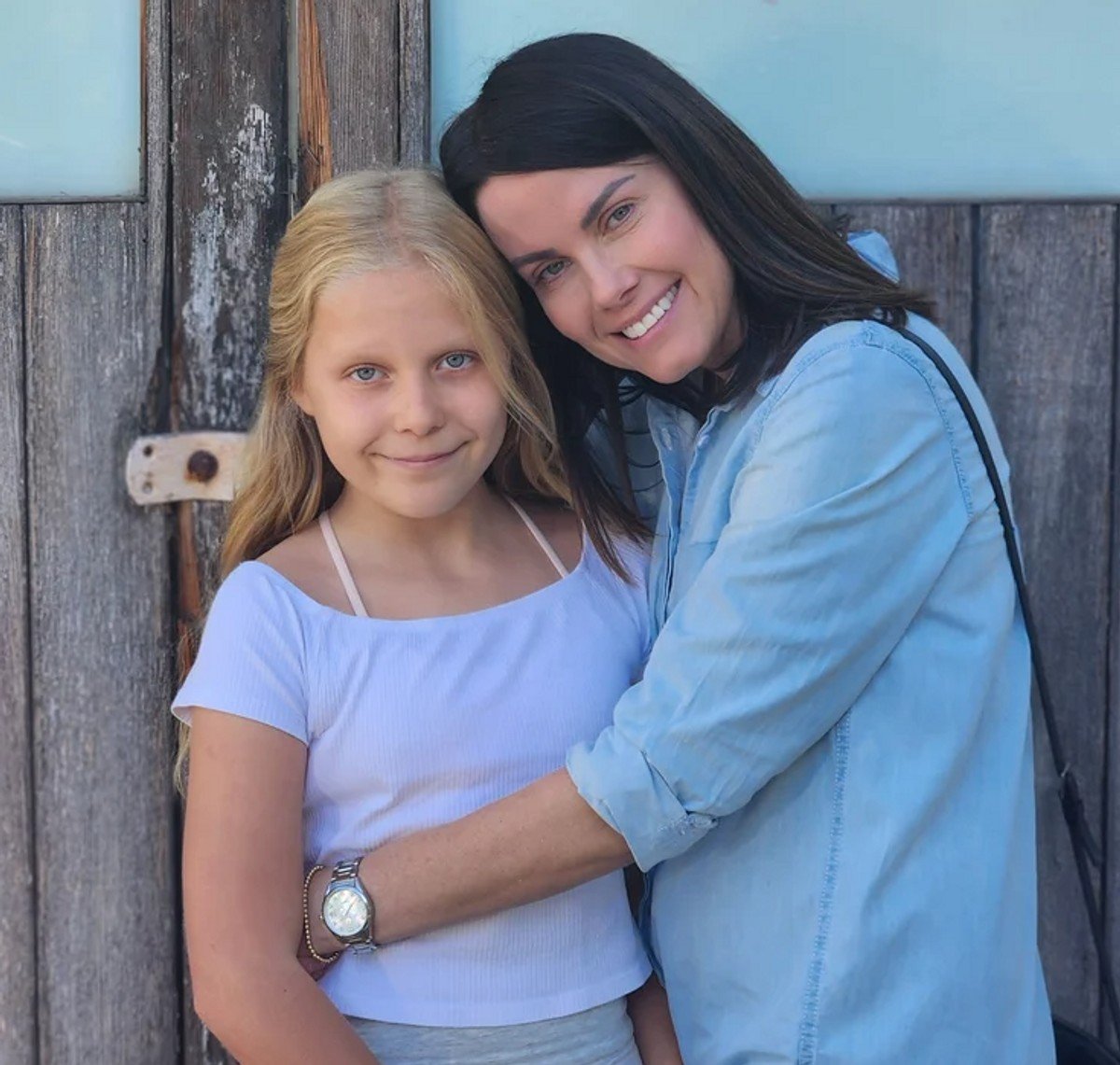
From the outside looking in, Sue Faulkner's entry into motherhood was what most would consider smooth sailing. A healthy pregnancy, a planned C-section, and the arrival of a beautiful baby girl named Jesse.
But from the moment she gave birth, Sue began to unravel.
"I couldn't connect with Jesse. I remember being in the hospital room on day two, and I felt like the walls were closing in on me," she says.
Sue hoped things would improve at home, but Jesse experienced some difficulties adjusting to her new world.
Watch: 60 Second Breathing Exercise for Anxiety. Article continues after the video.
"She was incredibly alert and developed colic, so my days were spent rocking her constantly. She rarely slept during the day and she hated everything — pram, car, carrier. It took its toll on me and my anxiety was increasing by the day," Sue says.
But then, when Jesse did start sleeping through the night at five weeks old, Sue still couldn't rest.
"I stopped sleeping, even though Jesse was sleeping through the night from five weeks old. I constantly felt my heart through my chest, and I was fixated on the baby monitor as I was so terrified of Jesse waking overnight even though she never did."





























































































